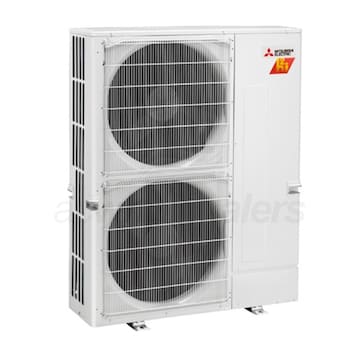Hi All,
Just replaced my NG furnace with a 2-stage variable speed 96% AFUE unit. Now it's time to replace the outside AC coil, and I'm curious if I should also consider a heat pump for a dual-fuel set-up. My gas rate is $0.35/therm and my electric rate is $0.10/KWh, but I believe I could get better on an off-peak rate. I live in ND where temps routinely can stay below 0 for weeks in the winter, and we can hit low 90s at times in the summer. Would the extra cost for a heat pump over an A/C unit be warranted in my case for the swing seasons, or just stick with my highly efficient furnace/cheap gas rate for all my heating needs?
For what it's worth: house is 2400sq. feet and pretty well sealed and insulated. Gas bill last month with an average temp of 9F was $80, which includes keeping my 600sq. ft garage heated at 50 degrees as well.
Just replaced my NG furnace with a 2-stage variable speed 96% AFUE unit. Now it's time to replace the outside AC coil, and I'm curious if I should also consider a heat pump for a dual-fuel set-up. My gas rate is $0.35/therm and my electric rate is $0.10/KWh, but I believe I could get better on an off-peak rate. I live in ND where temps routinely can stay below 0 for weeks in the winter, and we can hit low 90s at times in the summer. Would the extra cost for a heat pump over an A/C unit be warranted in my case for the swing seasons, or just stick with my highly efficient furnace/cheap gas rate for all my heating needs?
For what it's worth: house is 2400sq. feet and pretty well sealed and insulated. Gas bill last month with an average temp of 9F was $80, which includes keeping my 600sq. ft garage heated at 50 degrees as well.

